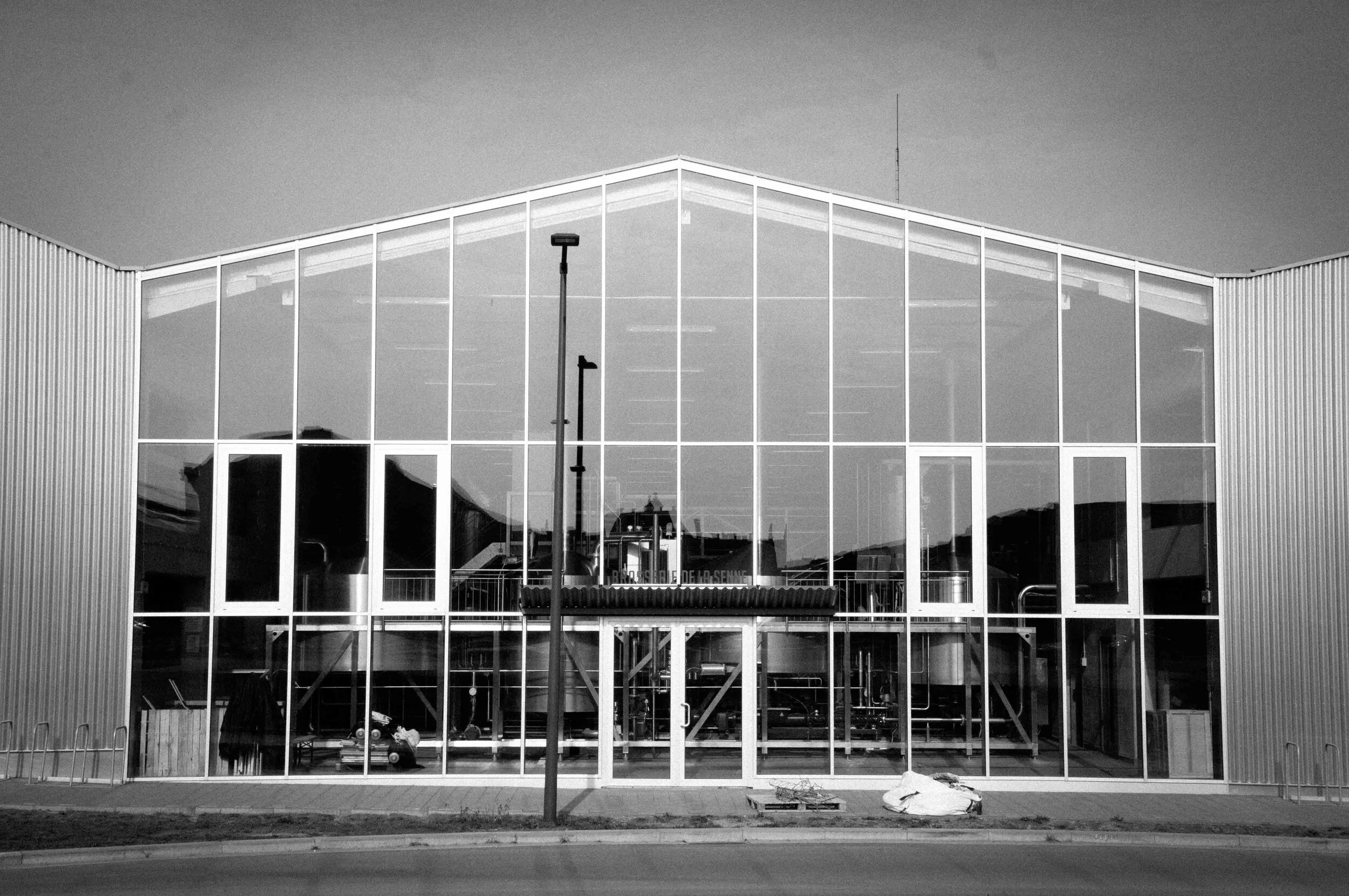A History of Brussels Beer in 50 Objects // #48 Support Local Breweries T-shirt
Object #48 - Support Local Breweries T-shirt
21st century
Business Life
Find out more about Brussels Beer City’s new weekly series, “A History Of Brussels Beer In 50 Objects” here.
Brussels’ hospitality industry has a long history of entanglements with public health emergencies. In 1866, 2732 people died in Brussels’ last deadly cholera outbreak (1.5% of the population), with city authorities forced to cancel that autumn’s annual festivities. Their contemporary successors had to deal with COVID-19, arriving with a bang on March 12, 2020. That evening the Belgian government announced the nationwide closure of hospitality businesses, as the country registered its first COVID-19 deaths and case numbers rose exponentially.
The reaction of many in the industry was panic. The livelihoods of bar owners disappeared, and breweries overwhelmingly reliant on horeca - some for up to 95% of their sales - saw their primary income stream vanish. But there was resolve, too, as business owners made drastic, often unexpected, decisions to survive. Breweries halted production, and within a week, several had launched webshops. Soon, bike couriers criss-crossed Brussels, cargo bikes laden down with beer from En Stoemelings, L’Ermitage or de la Senne. Bars like Dynamo in St Gilles and Dekkera did likewise, liquidating excess stock to stay afloat.
As it became clear neither COVID nor public health restrictions were going anywhere more improbable things occurred - like a national supermarket stocking Taras Boulba, a necessary reversal of Brasserie de la Senne’s long-stated policy of only supplying local and independent shops.
Where there was resolve, there was also solidarity. Larger breweries stocked the beers of smaller colleagues on their webshops. En Stoemelings used their lockdown beer delivery service to raise money for local charities, raising €5,000 by early April 2020. Together with Brussels Beer Project, La Source Beer Co., and No Science, they also repurposed 1,000 litres of unused beer into an Iris flower-infused spirit with the help of a local distillery.
The privations visited on Brussels by the pandemic also undermined, briefly, long-standing factional differences in the city’s beer community. In May 2020 a nine-strong brewery collective released a limited-edition “Support your local brewer” t-shirt, printed with the name of each brewery (including Brussels Beer Project and Brasserie de la Senne), a portion of the sales going to a hospitality support fund.
Restrictions for the hospitality industry waxed and waned alongside fluctuating infection rates until spring 2022, when the last of them were finally removed. Some bars never reopened, others did so under new management or pivoted to new concepts. The focus for now is on survival, and working off the debt accrued during the lockdown years.
In the wake of 1866’s cholera outbreak, Brussels’ politicians decided to bury the source of the outbreak - a foetid Zenne river - underground. The massive public works that followed demolished parts of central Brussels and virtually all the breweries located therein, reshaping forever the city’s brewing history. It looks as if, for now, today’s brewers and bar owners have avoided a similarly catastrophic fate. It’s too early to tell yet what the long-term impact of the pandemic will be, but whatever they are, we will likely be living with them for some time to come.













